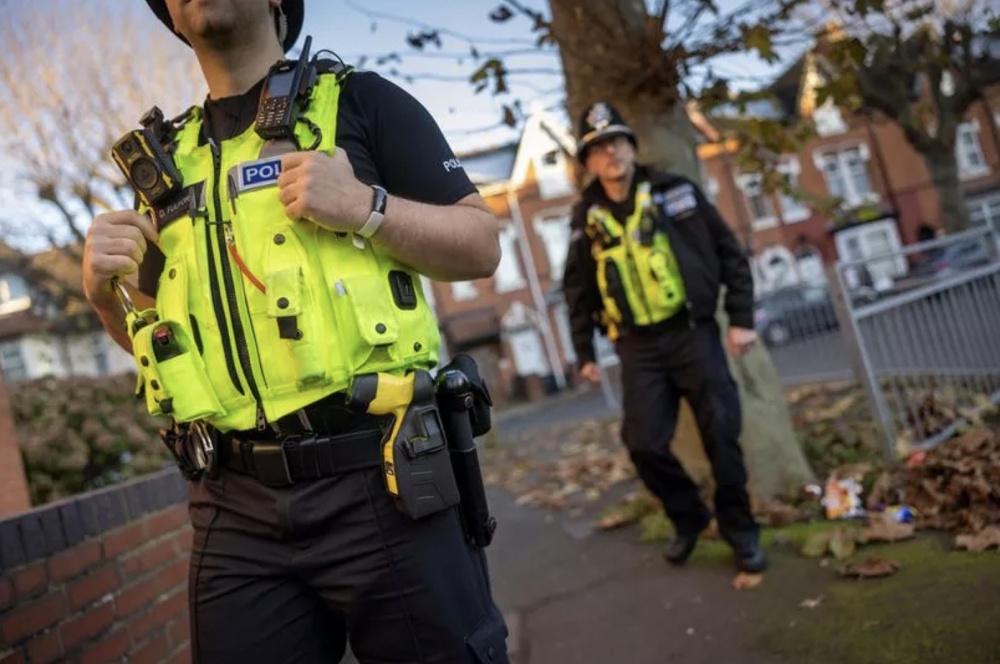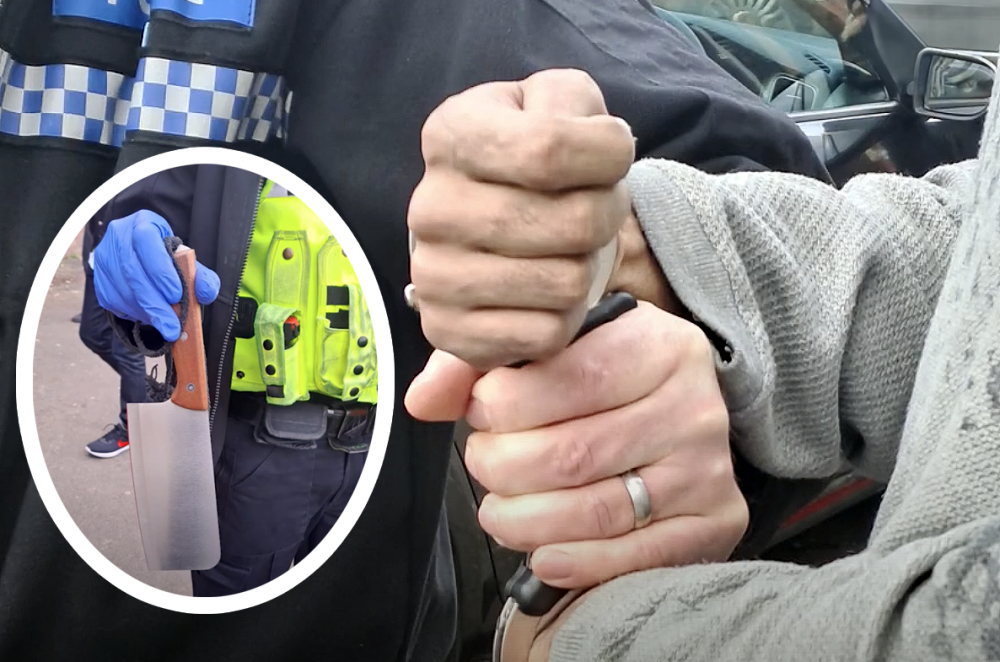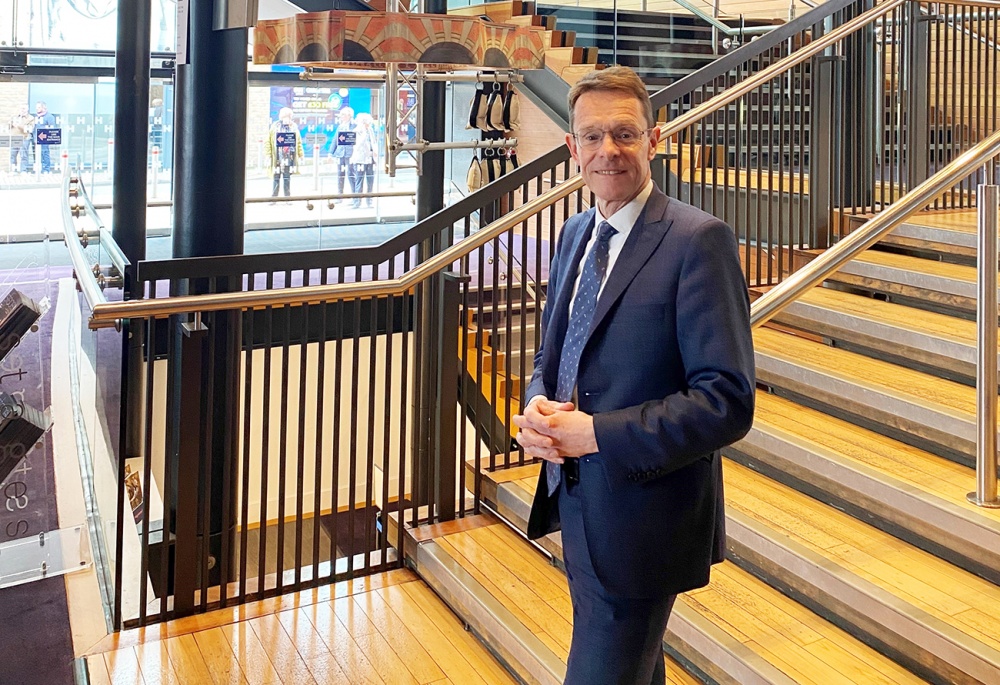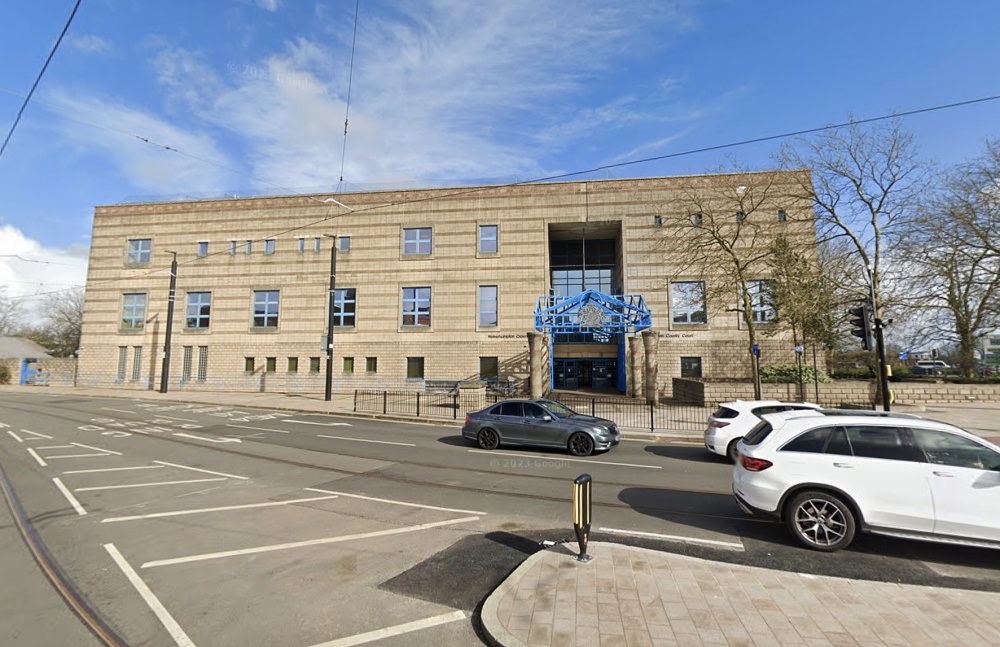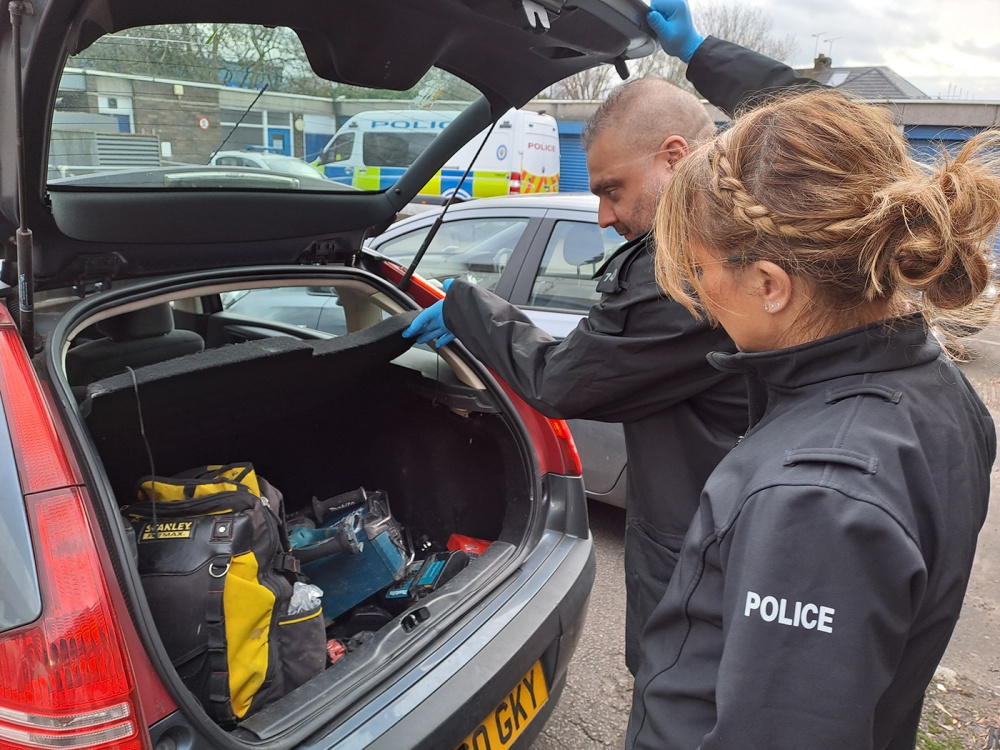Edgbaston family caring for disabled adult is one of many “forgotten” families during coronavirus pandemic
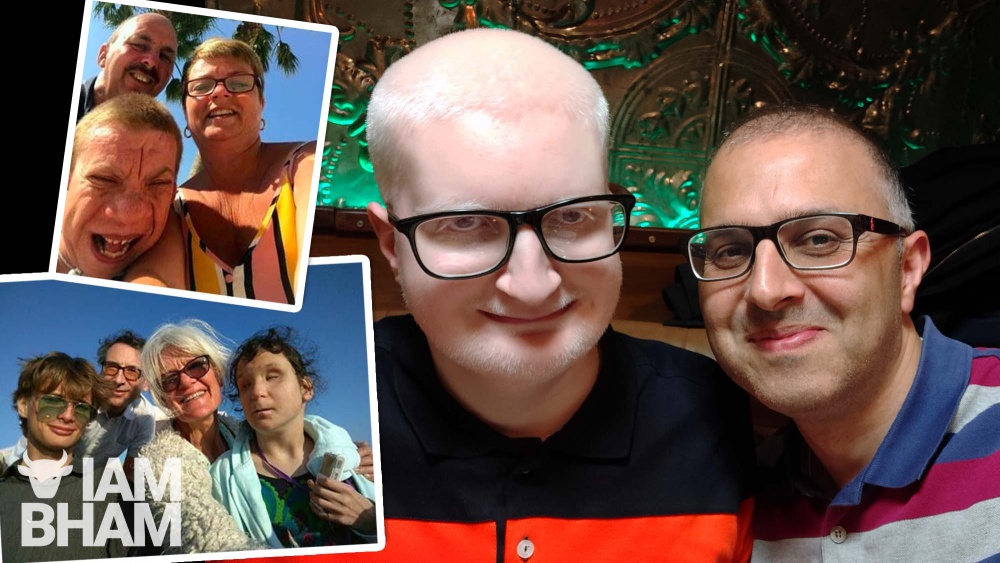
A Birmingham family from Edgbaston is one of many across the country struggling with the impact of taking on extra responsibilities caring for disabled adults during the coronavirus pandemic.
A new survey by a national disability charity has highlighted the plight of families in the UK caring for disabled adults at home during the pandemic, with 75% saying they’ve had their support reduced without warning.
The findings of the new survey by disability charity Sense, has highlighted the plight of families in the UK caring for disabled adults during the pandemic, with over half (52%) saying the additional caring responsibilities they have had to take on has impacted their health and wellbeing.
The national survey of one thousand families caring for their loved ones at home, reveals that three quarters (75%) of families who have had their support and care reduced during the pandemic received no advance information, with 1 in 3 (34%) still waiting for it to be reinstated.
The reduction in support has led to families denied access to vital local services, such as therapies and medical treatment (58%), day centre and respite services (40%) and care support at home (31%). Without this vital support, families have been left to provide care alone, 24/7, which can include tasks such as lifting, feeding, personal care and physiotherapy.
Half of all (51%) families believe the government have failed to provide enough guidance and support, and 1 in 2 say they fear they couldn’t cope if there was a second lockdown.
Birmingham
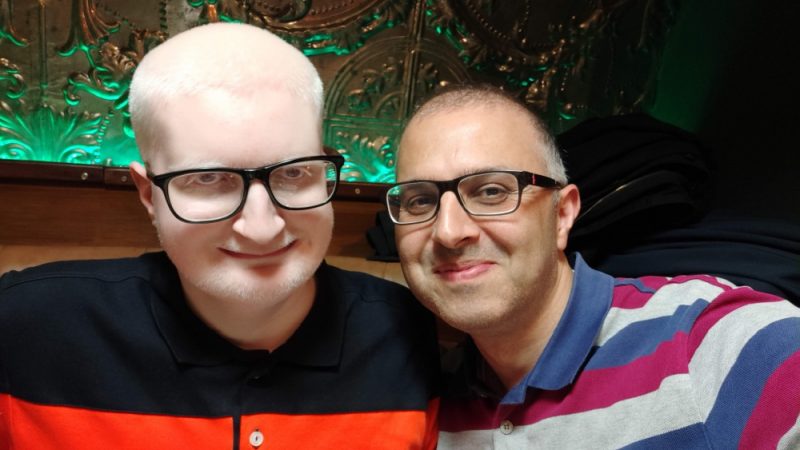 Supplied
Supplied The Ahmed family, from Edgbaston in Birmingham, is one of these families who’ve experienced a reduction in support. Sense is calling on government to adequately resource local authorities to provide better support for disabled adults cared for by their families.
“It’s been a very difficult few months, not just for the family, but more importantly for our son, whom our world revolves around”, says Saeed Ahmed, 44, who cares for his 21-year-old son, Azhar, at their home in the city.
Azhar has complex disabilities, which include autism, severe learning disabilities and epilepsy. On weekdays, he attends a local day centre run by the disability charity, Sense, where he takes part in fun activities in a safe and supported environment, while his parents receive vital respite from caring.
When lockdown begun, though, the day centre closed, and the family were left to take on all of Azhar’s care needs. This put a great strain on the household, which includes Azhar’s 17-year-old sister and 13-year-old brother.
Saeed says: “We were suddenly in a very difficult position. The schools closed, so the kids were back with us 24/7, along with Azhar and the responsibilities that come with that.
“On a normal week, when Azhar is at the day centre, my wife is able to carry out a number of household duties knowing that he is happy and safe.
“Having Azhar at home 24/7 meant ensuring there was always someone there to provide for his needs. This includes supporting him with dressing, eating, bathing and toileting.
“It’s taken quite a toll on the wider family – and then, of course, you’re worried that you’re not giving enough attention to the rest of the family.”
The family’s major concern, though, was Azhar and his wellbeing as he adjusted to his new routine.
“We’re fortunate that Azhar has his own personal space in the house, and computers that he is able to use. But his routine has changed and he’s not doing the things he normally enjoys with the day centre, like visiting parks and the cinema. This is frustrating for him and there is simply no way to explain to a person with complex needs why they are being forced to stay at home”, says Saeed.
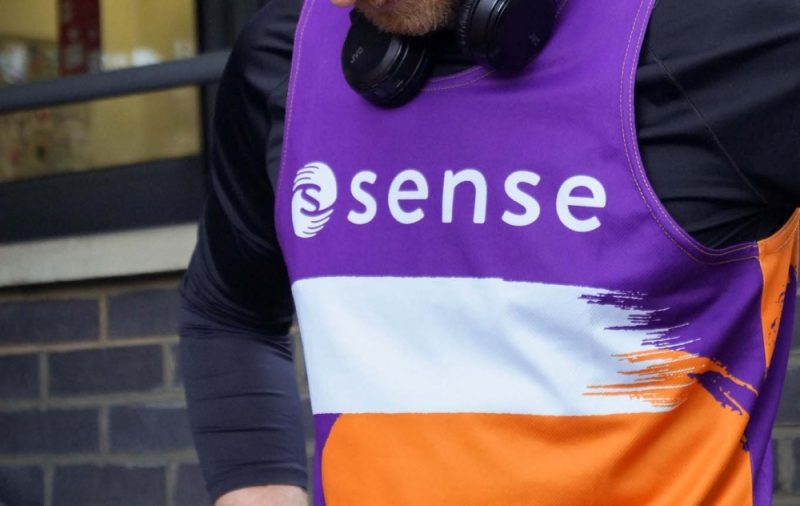 Sense
Sense During this period the family would very rarely go out, usually just Saeed for groceries.
“I was the only one that left the house for many weeks, and that was only for groceries. We were worried – continue to be worried – about catching the virus. I just don’t know who would fill the caring void if we got ill.”
Thankfully the day centre has now reopened, and Azhar is currently going in three days a week, as the service trials delivering support with new health and safety measures in place. They are still waiting to hear when respite care will resume.
Saeed says that he’s not angry about what has happened this year, but hopes greater attention is giving to families like his in the future.
“I don’t think there has been enough information specifically for disabled people, but then again we’ve never had anything like this ever happen in our lifetime, so people have been unsure how to deal with it.
“It would be helpful if more people understood the day-to-day sacrifices families impacted by disabilities have to make to ensure our loved ones are cared for.”
There are over 1.7m disabled adults cared for by family in England and Wales, and more than a third (38%) overall have had their support and care reduced during the pandemic. With the grim economic outlook, nearly 1 in 2 families (46%) now fear cuts to services for disabled people.
Sense is calling on Government to provide Local Authorities with sufficient funding, resources and support, so that families can have their care and support reinstated in full.
 Sense
Sense Lack of government support
According to the survey by disability charity Sense:
More than two thirds of families (75%) received no information about their support and care being reduced prior to it happening, with a third of families (34%) still waiting for the support to be reinstated.
More than half of all families (62%) had to take on additional caring responsibilities during the pandemic, denied access to vital community services such as medical treatment (58%), day centres (40%) and support at home (31%).
One in two families (52%) say the lack of support has impacted their health and wellbeing, and the government hasn’t provided them with enough guidance and support during the pandemic.
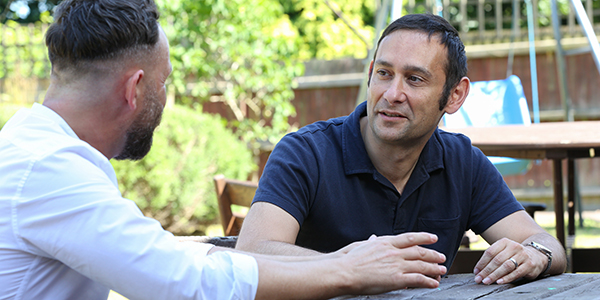 Sense
Sense The charity’s Chief Executive Richard Kramer said:
“Everyone has had their life affected by this pandemic, but few have had a harder time than the families looking after disabled adults over the last five months. Many haven’t had a break from caring and feel isolated and forgotten.
“Devastating cuts to their support have meant they have suffered greatly during the pandemic and are now at breaking point.
“Disabled people’s needs have largely been forgotten, and families have had to take on greater caring responsibilities, with their health and wellbeing suffering as a result.
“Government must take action to reinstate the care and support that families need such as short breaks. We need to see clear and increased communication with disabled people and their families, and sufficient funding, support and resources to Local Authorities to flexibly deliver care and support.”
Today we launch our #ForgottenFamilies campaign calling on government to recognise the lack of support for disabled adults during the #pandemic and to re-introduce community services. Join us by signing our open letter. 👇https://t.co/9fR4ZMa4Bi pic.twitter.com/UKDu8l1IOS
— Sense (@sensecharity) August 27, 2020
Sense is asking supporters to sign their letter, calling on the Secretary of State for Health and Social Care, Matt Hancock, to take action to secure and reinstate community services and support, such as short breaks for disabled adults and their families.
The charity has launched an online campaign encouraging affected families to share their stories using the hashtag #ForgottenFamilies.











